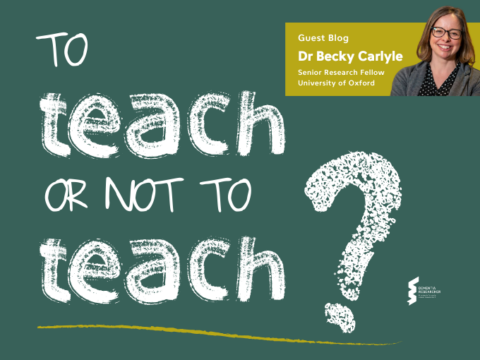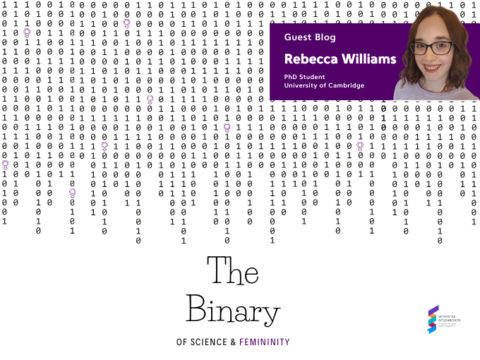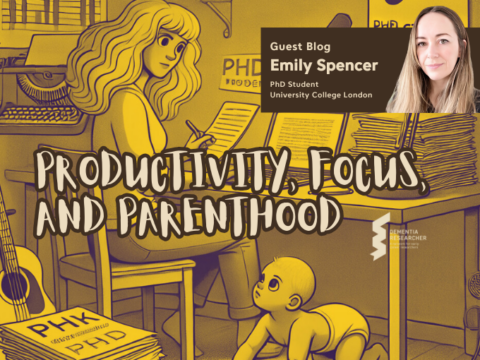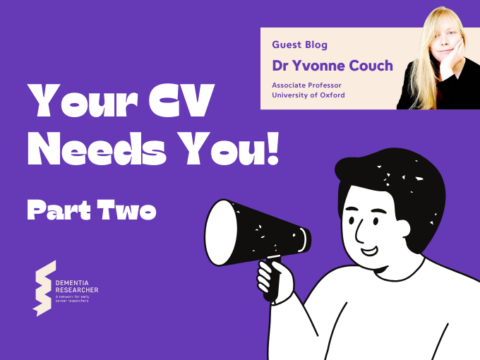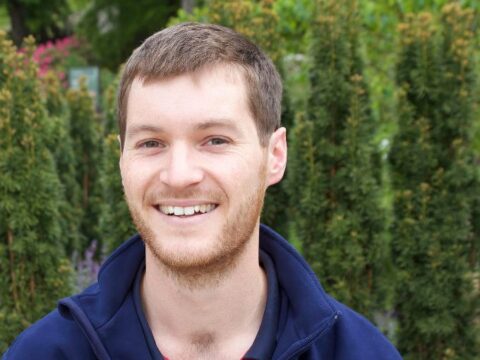In this month’s blog, I am reflecting back on a meeting I had with a member of the public earlier this week. They are a stroke survivor, and have made it their goal to share with researchers like myself, charities and funding bodies, their views and opinions. Their lived experience of what it’s like to live with the aftermath of a stroke. I also want to explore how important these voices are in research and how, perhaps, we should all be considering how we could be doing more.
I don’t think anyone would disagree with me that having people with real life experiences be part of a research team and involved in the ‘making of’ a grant proposal, would not only make the aims more relevant, highlight objectives that previously may have not been at the forefront of the research project and ultimately make the results and what comes of the study, more valid. And yet, this is not common practice. Our research builds from what has been published previously, from our own work or from others in the field. I, myself, haven’t often wondered if what I research day in and day out in the lab, the questions I am trying to address are still relevant for people that have experienced a stroke and for the people that are unfortunately going to experience one in the future. I judged the relevance of my research based on the published science.
I met Denis – not his real name – on a rainy Edinburgh afternoon. He’s a bright, engaging and warm man in his mid-sixties. I remember his kind smile as he was making his way around the lab to meet and shake everybody’s hand. Three years ago he suffered a stroke. He spoke about what his life is like now, how he’s had to learn to live with his ‘new self’, how his character changed, especially in the first year following his stroke, his frustration, how he has developed anxiety as a result of having a stroke.
We know that around a quarter of people who have a stroke will experience anxiety within the first five years and that at least a third of stroke survivors will develop some form of depression within the first year.
Denis’ experience really highlighted this, and has encouraged me to find ways in which I could address this in my own research. But, from all that Denis shared with us during that one grey afternoon, what has most strongly stayed with me from our meeting, is his Fpassion. How strongly he feels about the need for involvement of people like himself, the voices of lived experience. And how researchers, like me, can listen more.
Research in the stroke field has evolved in response to voices like Denis’. Twenty or so years ago, most research was primarily focused on targeting functional and motor recovery after stroke. This is of course still a very relevant and important aspect of stroke recovery, but stroke recovery is by no means just one dimensional. Cognitive recovery is as important as motor recovery. Approximately 30% of stroke survivors, develop dementia within a year of stroke onset impacting on quality of life, activities of daily living and their ability to work. Research networks like the one I am currently funded by, Stroke-IMPaCT have come together to bring world-wide expertise on understanding how ‘rogue’ inflammatory and immune responses contribute to post-stroke cognitive decline, with the aim of developing treatments to prevent it from happening all together. It was survivors and family surveys that highlighted post-stroke cognitive decline as one of the most distressing complications following stroke. Would I still be working on this research if those surveys weren’t conducted? It’s a humbling question to ask myself.
We have also seen this shift more broadly. Directly in grant applications for example. The integration of lay and public and patient involvement and engagement sections within applications, which are then directly reviewed by a panel of survivors, carers and family members that have an active role in determining the impact of the research they are reviewing, and ultimately if the application is funded. Other initiatives, such as the one developed by Alzheimer’s Research UK in collaboration with Bournemouth University, have designed training materials and virtual reality apps to create The Lived Experience of Dementia, to help healthcare professionals experience what their patients’ lives are like on a day to day. As well as the creation of numerous policy involvement panels and focus group type initiatives by charities and funders, giving survivors as well as members of the public the opportunity to share their views and help drive research policy. And even closer to home, at the UK Dementia Research Institute, a Lived Experience Group launched in 2019 and their doors are open to any UK DRI researcher or individual affected by dementia eager to join.
Meeting Denis has rekindled and reaffirmed why I do stroke research. I do it for the survivors – like my grandad, and for their families. And, it has refocused that my research aims, questions and results need to echo and reflect their priorities and experiences.
And last, but most definitely not least, a massive shout out to Mila Redzic, a smart, dedicated and talented PhD student in my lab that organised Denis’ visit, and gave me the opportunity to meet him. A huge thanks to Mila and Denis for this one.
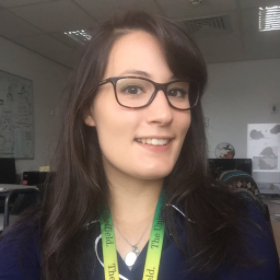
Dr Gaia Brezzo
Author
Dr Gaia Brezzo is a Research Fellow based within the UK Dementia Research Institute at The University of Edinburgh. Gaia’s research focuses on understanding how immune alterations triggered by stroke shape chronic maladaptive neuroimmune responses that lead to post-stroke cognitive decline and vascular dementia. Raised in Italy, Gaia came to the UK to complete her undergraduate degree, and thankfully, stuck around. Gaia writes about her work and career challenges, when not biking her way up and down hills in Edinburgh.

 Print This Post
Print This Post

